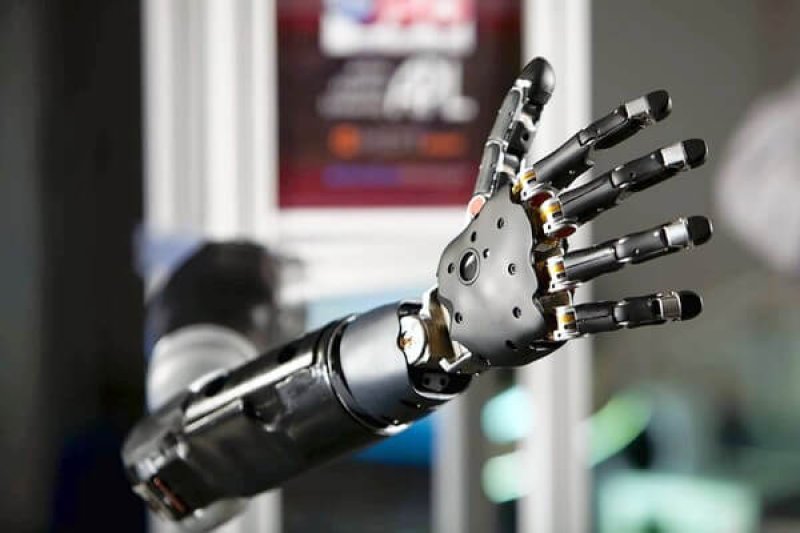…
Let me share a few [projects] that will be really important to address in 2017.The first is an area we call “Outpacing Infectious Disease.” We want to get ahead of any pathogen that may hit our shores and be as ambitious as we can to take pandemics off the table… The idea is that you can tell your cells that produce antibodies what the right code is for producing the antibodies that would be effective against a pathogen.
…
We are heavily vested in [brain-controlled prosthetics and exoskeletons]…I think in the future there are a wide variety of devices that can be controlled via neural activity, not just the assisted kind but also a kind able-bodied individuals could ultimately use in their everyday lives.
…
I think our understanding of biology is vastly growing. And our ability to interact with biology using engineering techniques will change the way we think about our body, brain and immune system—and the way we think about and interact with our food supply.
The GLP aggregated and excerpted this blog/article to reflect the diversity of news, opinion, and analysis. Read full, original post: DARPA’s Biotech Chief Says 2017 Will “Blow Our Minds”































